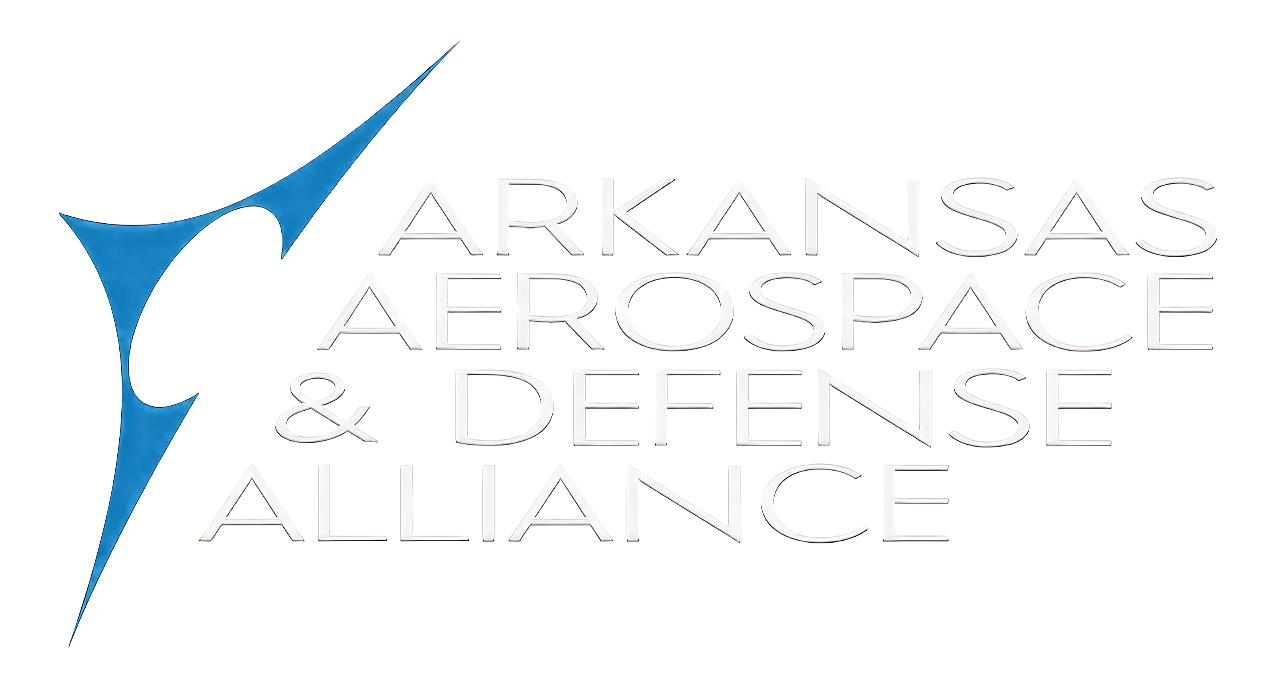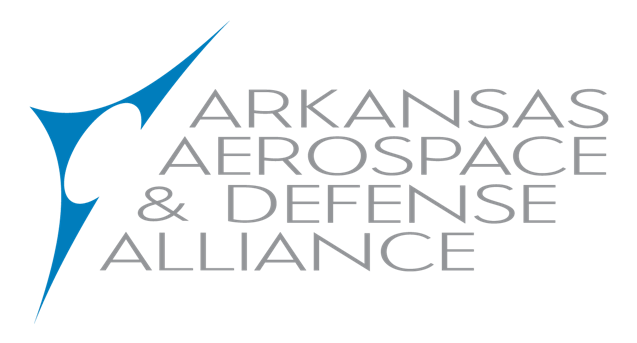Outlook for Defense Spending in 2018 with Rep. Womack.
Thursday, 05 July 2018 08:44 With Arkansas being home to a significant defense-industry that is continuing to expand on an international basis, many recent questions are focusing not only on the importance and necessity of defense spending within the state, but also consequences from a Congressional level. In talking with Representative Womack regarding defense spending, we shine a light on some of the current benefits that defense industries are or will be experiencing throughout the state, and some of the hurdles coming in the future.
With Arkansas being home to a significant defense-industry that is continuing to expand on an international basis, many recent questions are focusing not only on the importance and necessity of defense spending within the state, but also consequences from a Congressional level. In talking with Representative Womack regarding defense spending, we shine a light on some of the current benefits that defense industries are or will be experiencing throughout the state, and some of the hurdles coming in the future.
How are current Congressional actions related to defense spending benefiting Arkansas? To begin, the passing the National Defense Authorization Act (NDAA) for the 58th straight year ensures first that the Department of Defense (DoD) and all of its components are fully authorized, and second, that Congress is conducting its constitutionally mandated oversight of our national defense.Womack stated, “One of Congress’ most fundamental duties is to ‘provide for the common defense’ of our nation. The bipartisan NDAA focuses on restoring readiness, increasing capability, and reforming the Pentagon to better prepare our country for the threats we face today and the emerging global threats of tomorrow. Congress must continue to support the men and women stationed around the world defending our great nation.”
The necessary increase in defense spending outlined in the Bipartisan Budget Act of 2018 will benefit all entities in the defense industry, including Arkansas servicemen and women, Arkansas military installations, and the Arkansas Aerospace and Defense industry.
Concurrently, there are also efforts developing updates on the current appropriations bill process: defense bill out of committee and awaiting vote on House floor. “Providing for the common defense is a national imperative. Advancing this bill out of committee builds on the significant progress we have made in restoring America’s national defense capability. For the men and women deployed around the globe ready to fight tonight, this bill ensures they are properly manned, trained, and equipped to do our nation’s bidding,” Womack said.
With high expectations for change, we looked at some of the current positive impact Arkansas units/bases are receiving.
The Omnibus (Omni) appropriations bill was signed into law on March 23, 2018. Within the bill included $26M in MILCON funding for the construction of a dormitory at Little Rock AFB; $150,000 to maintain Pine Bluff Reserve Center; Joint Chemical-Biological Defense Logistics Hub at Pine Bluff Arsenal; and Air National Guard Cyber Skills Validation Training at LR AFB are supported by the Omni.
The Appropriations Committee passed the Defense Appropriations bill to also include funding for 8 C-130Js for the Air National Guard (although this was not specifically marked for Arkansas, LR AFB is the primary C-130 training base for the Department of Defense).The Committee also passed Defense Appropriations bill includes funding for C-130 engine updates, which will benefit C-130s at LR AFB. Lastly, the Defense Appropriations bill also includes $100M for the National Guard HMMWV modernization program, which will benefit the ARNG along with the National Guard around the nation.
Arkansas is home to a notably significant defense cluster in the Mid-South region, including companies such as Lockheed Martin, Raytheon, General Dynamic, Rocketjet and Spectra. How will these recent appropriations bills impact these companies?TheAppropriations Committee passed Defense Appropriations bill which includes numerous provisions that will benefit AR companies including: First year of funding for silicon carbide power modules for the Navy, technology which Wolfspeed in Fayetteville is the world leader;Increase of $30M for the Hydra Rocket program made by General Dynamics Ordinance and Technical Systems in Camden; Funding for the Chemical Biological Defense Situational Awareness program at the Pine Bluff Arsenal; Increased funding for the Spectra and NTS’s Composite Modular Selectable Effects Warheads Program in Camden;Funding for 82 Terminal High Altitude Area Defense (THAAD) interceptors, THAAD canisters are built by Lockheed Martin in Camden; Funding to buy 1Ž2 a brigade set of Stryker vehicle upgrades, BEI Precision Systems & Space Co. Inc. in Maumelle provides Turret-Angle Encoders for Stryker vehicles; and Funding for the Metals Affordability Initiative (MAI) which includes Aerojet Rocketdyne, Pratt & Whitney, and Arconic.
These benefits however do not come without some concerns with one of the largest being the ever-growing fiscal challenges our country faces. It is currently estimated that by 2025 the Federal Budget will be almost entirely consumed by mandatory spending (i.e. Social Security, Medicare, Debt Service, etc.) which will leave little to none for defense spending allocations. In order to properly face this challenge, Womack says his priority is working to get our fiscal house in order so that we may continue to properly support our national defense to meet growing near-peer threats.
For now we can look to his advice for local communities (Like LRAFB and Ft. Chaffee) to continue to focus on positively impacting our local economy, by providing a stable community for our service men and woman, and their families.


